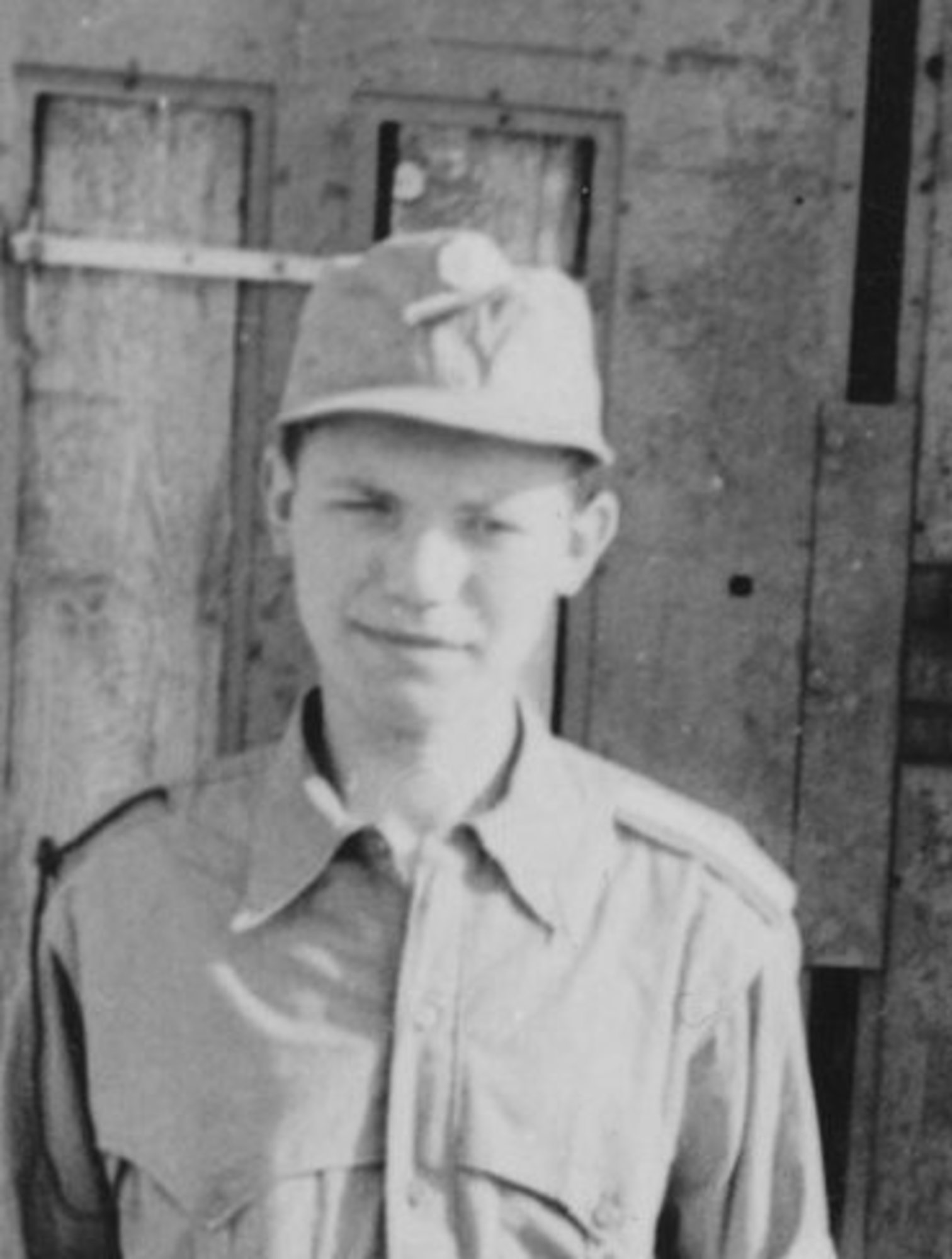Just twenty centimetres and we would not be talking now

Stáhnout obrázek
Jan Turek was born on 26 September 1929 in Prague. His father Bohuslav worked as a barber. In the 1930s, the family moved from Prague and in 1934, his parents split up. Jan, his elder sister Antonie and his mother Žofie returned back to Prague‘s Žižkov quarter. His mother worked as a janitor and made extra money sewing. Their large apartment allowed them to help communist resistance fighter since 1938. During the war, Jan served a a liaison and he watched out for Gestapo whenever there was a meeting in the house. They also provided resistance with groceries. Jan took part in the Prague Uprising. After the war, he went with the „Revolutionary Guards“ to the Česká Lípa area. He trained to become an electrician but soon raised to political ranks in the Communist Party and the Czechoslovak Youth Union. Ever since 1949, he served with the communist police corps. He was head of the vetting department in the Škoda factory. In 1968, the communist reformists wanted to have him expelled; eventually, he left on his own. After 1968, he worked in the National Front and in 1980 became secretary at the Central Committe of the Czechoslovak Union of Antifascist Fighters. He retired in 1989 and still lives in Prague.

















